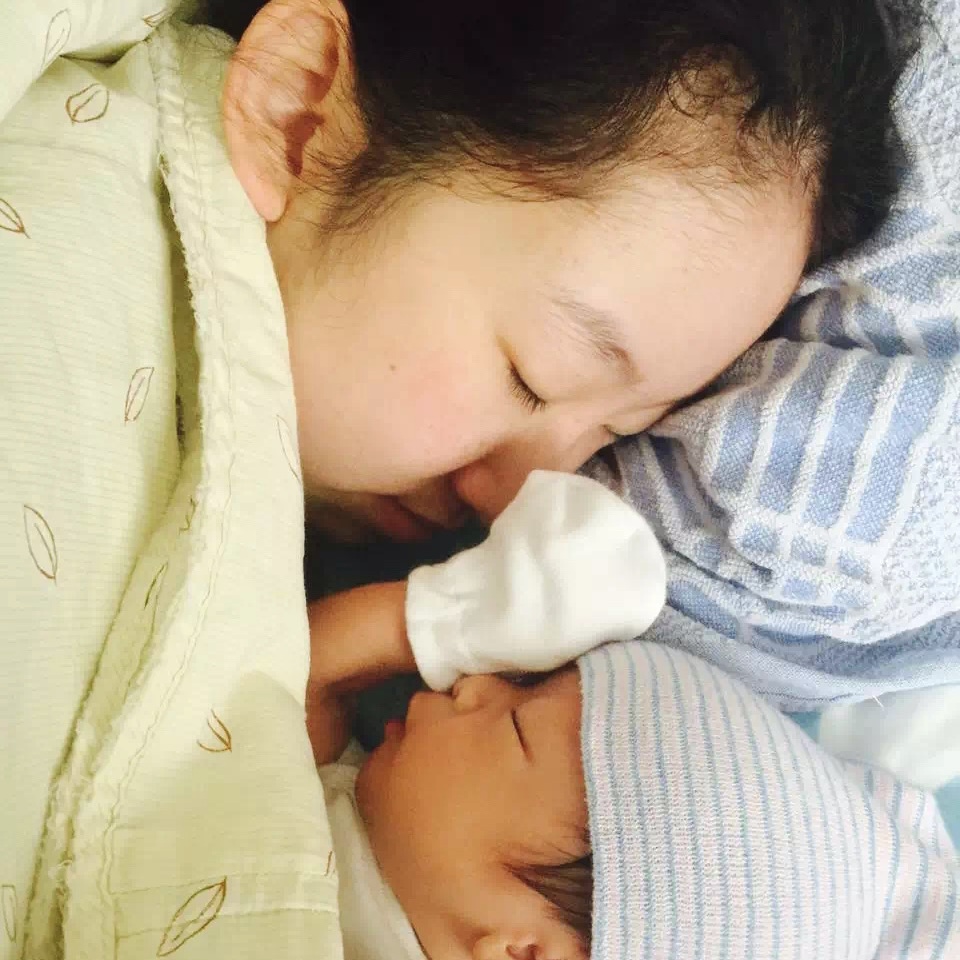Have you ever thought of how wonderful it would be if I can remember the vocabularies or formulas or other textbook materials by eating the paper? I have to admit that I dreamed about this many times when preparing for standardized exams and other test. Apparently, we as humans are not able to convert something that is going to the stomachs to our brains. This lead me think about besides eating, what is another relaxing, effortless thing that I enjoy doing? I believe the answer is shared among many of us: sleeping. Having learned a little about the hippocampus and memory, I start to wonder about can sleeping help me to remember the vocabularies, formulas, and the tedious economic concepts? By researching about the relationship between sleeping and memory as well as our brain activities during sleep, I am delighted to find the answer is YES. In fact, both sleeping before and after learning is crucial to the preparation of absorbing new information and the subsequent consolidation of them.
In a study by led by Matthew Walker, a professor of neuroscience and psychology at the University of California, Berkeley, who is famous for studying the effects of sleep on human health, the researchers place electrodes on the heads of the participants and monitored their brainwaves. They discovered big, powerful brainwaves occurs during the deepest stages of sleep which occurs 2-3 hours fallen asleep. During sleep, those deep-sleep brainwaves shift the short-term memories to long-term memory storage site in the brain, which dramatically decreases the likelihood of forgetting them. This experiment proves that when it comes to remembering something, getting enough sleeping is more effective than staying up late at night for more repetition.

Besides effects of getting sleep after learning, another study also found evidence for how enough sleep prepares us for memorization. In the experiment that lasts 5 days, a control group of 14 adults who get 8-hours of sleep every night and an experimental group of 14 sleep-deprived adults who are awake during the first two nights and get 8-hour sleep on the last two nights are asked to remember a series of picture slides. When researchers compared at the scanning of the hippocampus of the two groups after the first night, they discovered a significantly decreased activation in the hippocampus of the sleep-deprived group. The “impairments within the hippocampal complex—a region known to be critical for learning new episodic information” (Yoo, SS. et al 2007), lead to the experimental group’s failure to remember the picture slides that are shown to them. The result of this study illustrate the deficit in the neural ability to encode new memories under sleep deprivation, which informs us that sleep before learning is crucial.

Both of the studies have shown the importance of getting sleep before and after encoding new memories. By examining those two studies, when I struggled between doing another practice problem and going to bed prior to an exam, I will confidently choose the later.
Yoo S-S, Hu PT, Gujar N, Jolesz FA, Walker MP. A deficit in the ability to form new human memories without sleep. Nature neuroscience. 2007;10(3):385–392.
Walker MP, Stickgold R. Sleep, memory, and plasticity. Annual review of psychology. 2006;57(1):139–166.